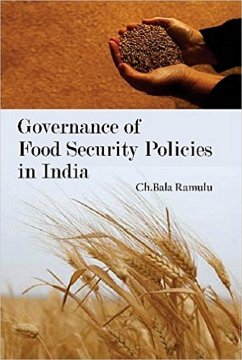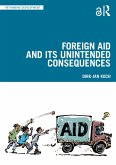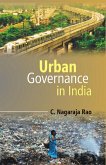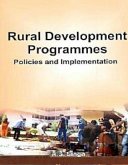Public Policies, in India, are broadly of two types; policies which can alter the existing unequal socio-economic structure and policies which are of incremental nature. Policies like land reforms, if enforced effectively, belong to the first category, while Food Security Policies like Targeted Public Distribution System belong to the second category and do not affect the unequal social-economic structure. Though food security policies are in operation for several decades, they have not taken into account the food sovereignty-the right of people to have healthy and culturally appropriate food-- and variations in seasons, family size, age group, gender, and supply of adequate quantity and quality of food grains to the needy. The target group members are not involved in core components of democratic governance such as legitimacy, accountability, competency, participation, consensus, equitability and inclusiveness. People-centered governance is a prerequisite for the success of Food Security Policies.
Dieser Download kann aus rechtlichen Gründen nur mit Rechnungsadresse in A, B, BG, CY, CZ, D, DK, EW, E, FIN, F, GR, HR, H, IRL, I, LT, L, LR, M, NL, PL, P, R, S, SLO, SK ausgeliefert werden.









